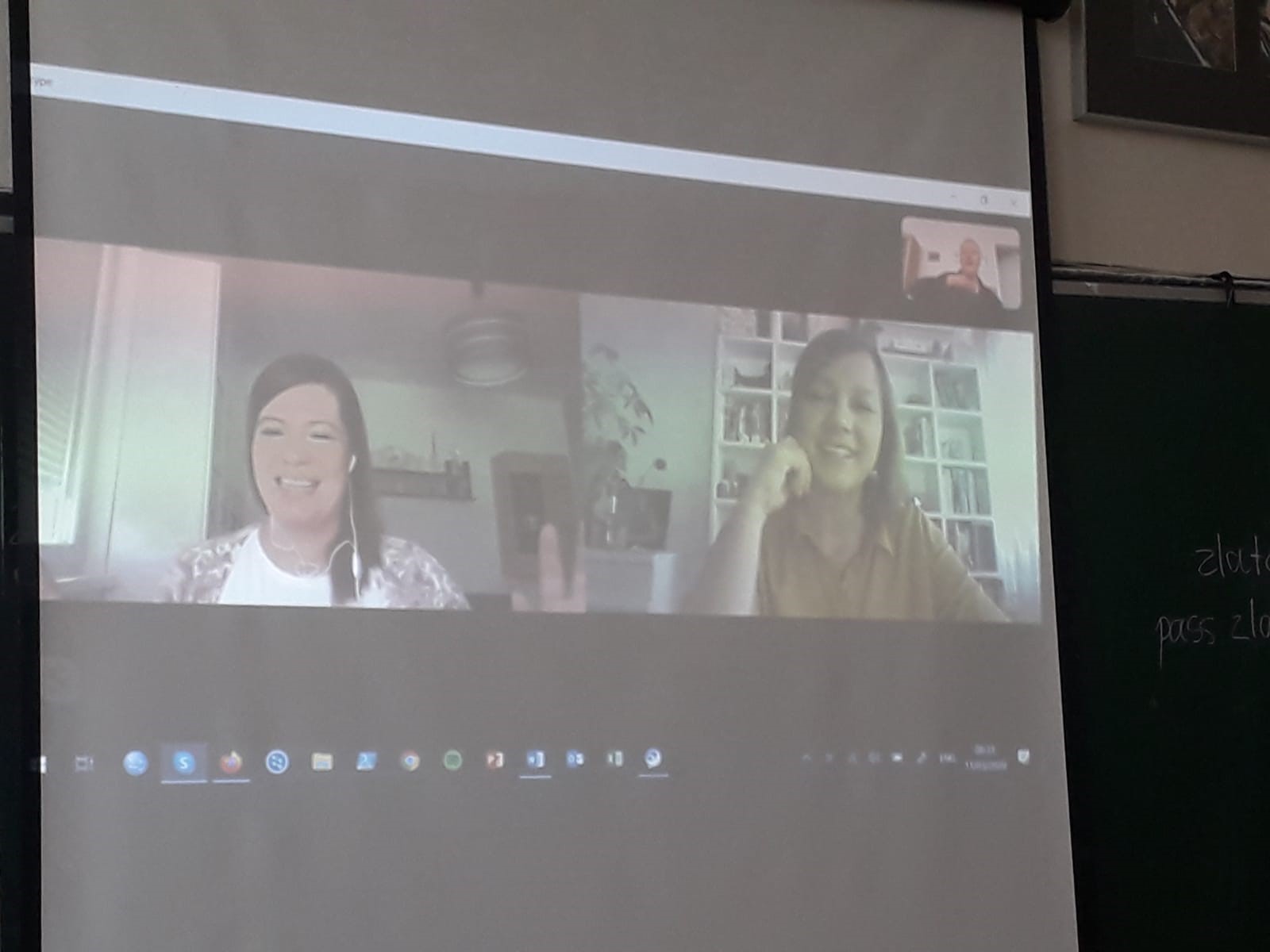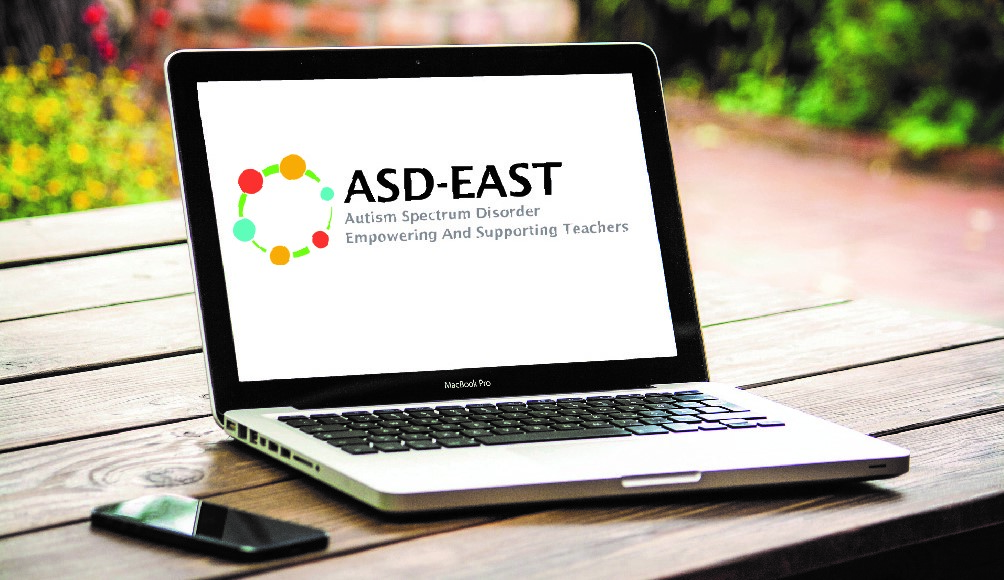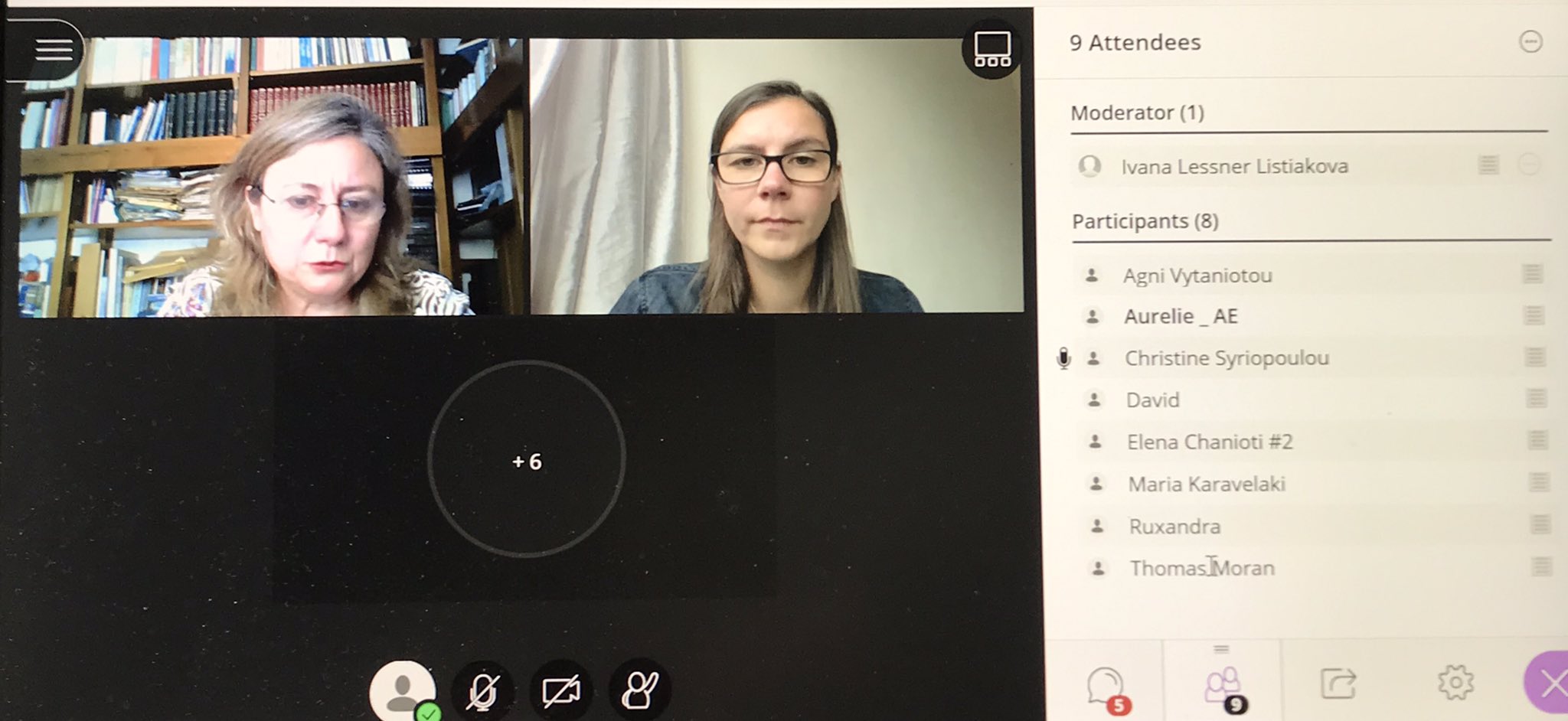Evaluation results so far
The ASD-EAST project has been evaluated by a rigorous mixed methods programme evaluation methodology. What this means in plain English is that we’ve made sure that we have used a range of approaches to gather data to identify the project’s impact. Every participant attending training was asked to fill in a questionnaire immediately before and immediately after the training to identify if it met their expectations and addressed their needs. Further follow-up questionnaires were sent out to all participants about three months after training, and a sample of participants from each training workshop were interviewed, to find out what impact attendance had on their practice. Focus groups were also held with the trainers, to gather their perspective on the training.
Analysis of the follow-up questionnaires and a number of the interviews is still ongoing. However, the initial results have been very positive, and we thought we would like to share them with you. (Further information will be provided at the online ‘virtual’ conferences that we are currently planning – more details about these conferences can be found elsewhere in this Newsletter). In total, 259 teachers were trained from across Croatia, the Republic of North Macedonia and Poland: 138 teachers from special schools, and 121 from the mainstream sector. We were really pleased that the trainings attracted teachers from a wide area – for example, teachers from all of the Republic of North Macedonia’s special schools have now been trained!
After attending the ASD-EAST training workshops, teachers reported that they felt much more confident in a number of areas of work, including dealing with children’s communication needs, emotions and sensory issues, supporting social interaction and relationships, helping them to access the curriculum, understanding and managing behaviour and working with families. Analysis of the post-training questionnaires showed that:
- 93% of participants expectations had been met
- 95% felt there was the right amount of theoretical information to support practical strategies
- 91% felt they learned strategies that they could put into practice straight away
Reflecting back on the training, interviewees spoke of gaining new knowledge, and appreciated the ASD-EAST trainers’ experience, knowledge and supportive attitude.
“I especially liked that the trainers worked out the topics by sharing practical examples and personal experiences in working with children with ASD” (Special educator, Republic of North Macedonia).
Importantly for us, teachers identified a lot of practical strategies and approaches from the training that they had put into practice in their classrooms – and were still using three months later.
“I use communication strategies the most, and this has produced results” (Mainstream teacher, Republic of North Macedonia).
“I used materials from the challenging behaviour session, and carried out a functional assessment, that was very useful for me” (Teacher in special school autism class, Croatia).
We were also pleased that, although teachers identified some barriers to putting things into practice – such as class sizes in mainstream schools – they reported that the trainings had made them feel calmer and more empowered, that attendance had led to them modifying their teaching, and that they felt that as a result their pupils were calmer and more engaged.
“I feel like I gained new knowledge about challenging behaviours and that I am more competent in working with it, in applying what I’ve learned” (Teacher in special school autism class, Croatia).
“I got to know that how to adapt my behaviour to meet children’s specific individual needs” (Special educator, Poland).
We are really pleased that these initial results are so positive, and we look forward to undertaking further analysis of the follow-up questionnaires and the final interviews. Thank you very much to all partners in the Evaluation workstream, and in particular to Natalija Lisak Šegota who has led the data analysis process.







